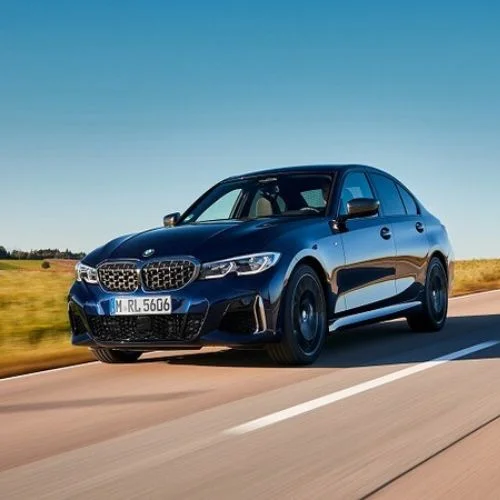Retail vehicle sales in India increased by 21% in December, the quickest rate since 2023, owing to strong demand for two-wheelers and substantial discounts on passenger cars, according to a dealer organization on Monday.
Motorcycle and scooter sales increased by 28% to 1.45 million units in the month, marking the conclusion of the year’s wedding season, according to statistics from the Federation of Automobile Dealers Association (FADA). Overall retail sales fell 5.4% in December 2022 due to sluggish two-wheeler demand.
“India is witnessing approximately 3.8 million weddings between Nov. 23 – Dec. 15, a period that typically sees high vehicle sales, especially in rural India,” FADA, which tallies vehicle sales by dealers to clients, stated in November.
Last week, manufacturers reported high two-wheeler sales.
Analysts have become more optimistic about two-wheeler sales, with brokerage Elara predicting a rebound in domestic numbers last year.
In contrast, brokerages predicted declining growth for passenger vehicles (PVs), which comprise compact cars, sedans, and sport utility vehicles (SUVs), as pent-up demand faded.
PV sales increased by just 2.7% in December, driven mostly by demand for SUVs, with strong discounts clearing only a modest amount of surplus inventory, according to FADA.
High discounts on smaller automobiles, which made up the majority of dealers’ excess inventory in the fiscal year that started in April, contributed to a minor decrease in PV inventory to 55-58 days from 61-64 in November.
While 21 days is the ideal limit for PVs, dealers would lose money if their inventory exceeds 30 days, according to FADA President Manish Raj Singhania.
According to FADA, new launches will help the car sector thrive in 2024, but it remains “cautiously optimistic” for January owing to high PV inventory levels.
The automotive retail market, often known as the auto retail sector, refers to the purchase and sale of automobiles via different channels such as dealerships, online platforms, and auctions.
This dynamic industry is critical to the world economy since it distributes automobiles, trucks, and other vehicles to customers, both people and corporations. Factors influencing the automobile retail sector include customer preferences, technology improvements, economic situations, and regulatory changes.
Sustainability is more than a slogan; it is a driving factor for the Automotive Retail market’s future. Consumers are becoming more concerned of their carbon impact, resulting in a boom in demand for electric and hybrid automobiles. Automotive dealers are reacting by providing environmentally friendly products and charging facilities.















